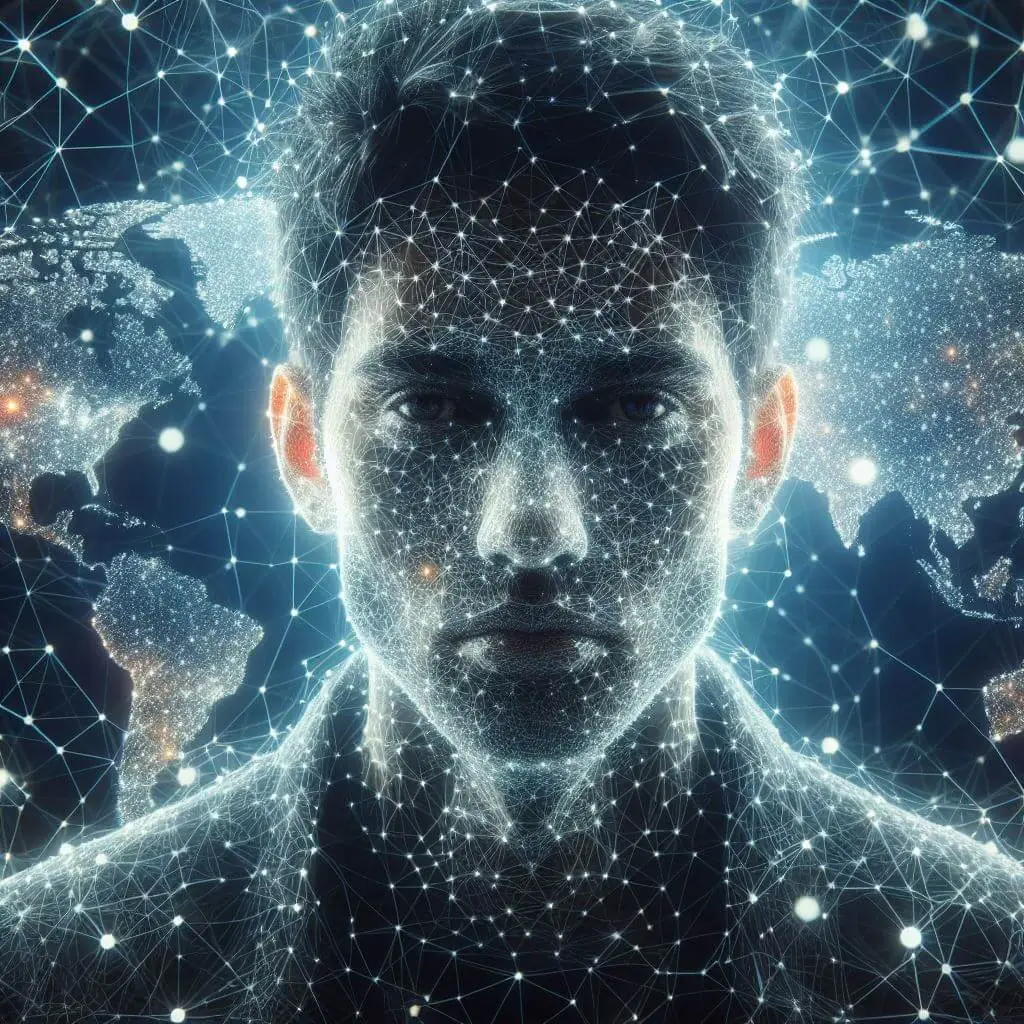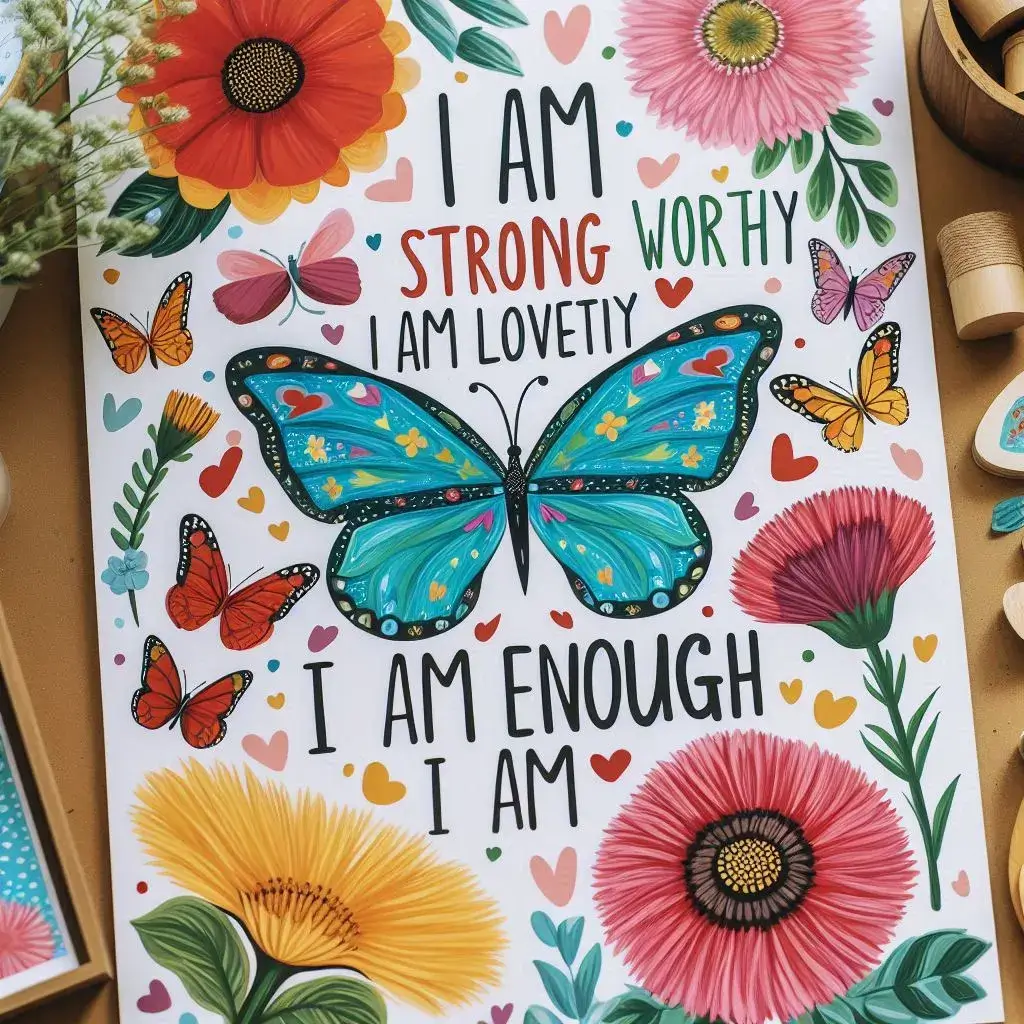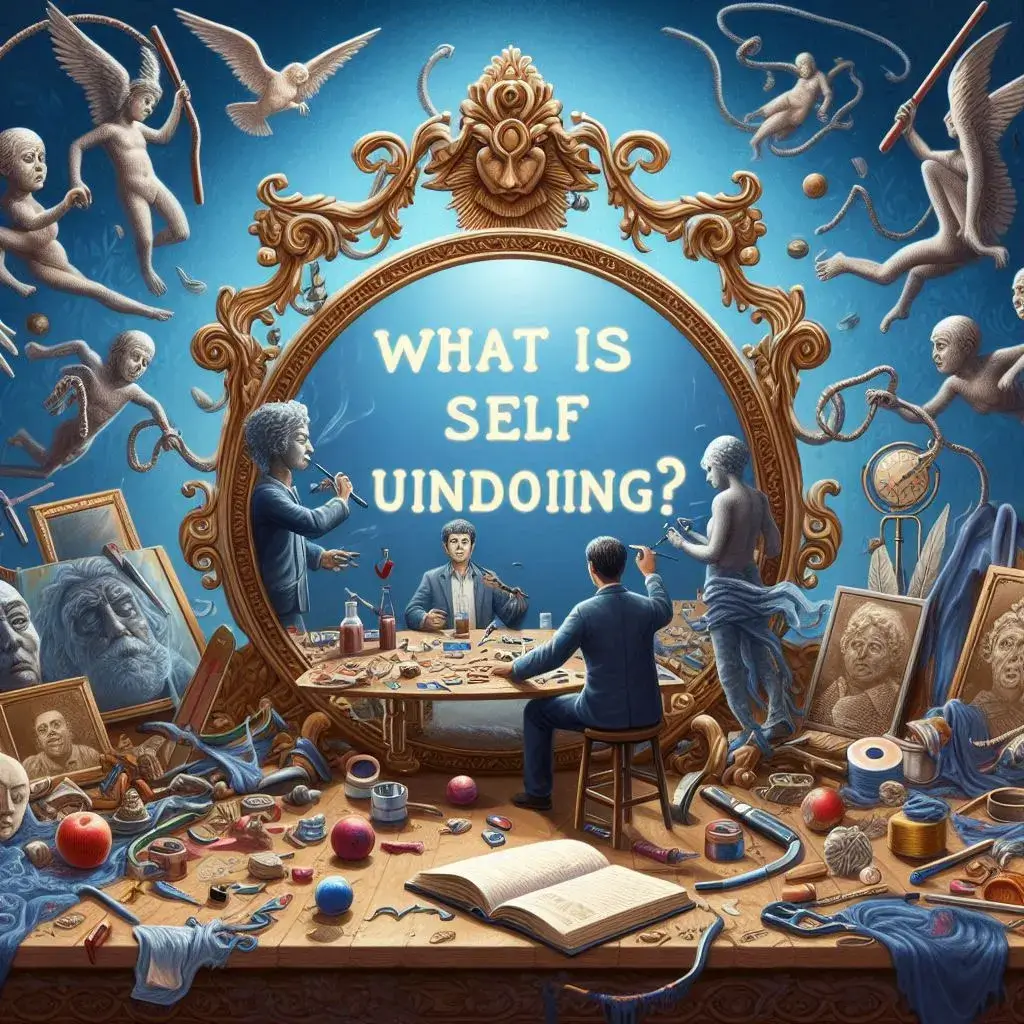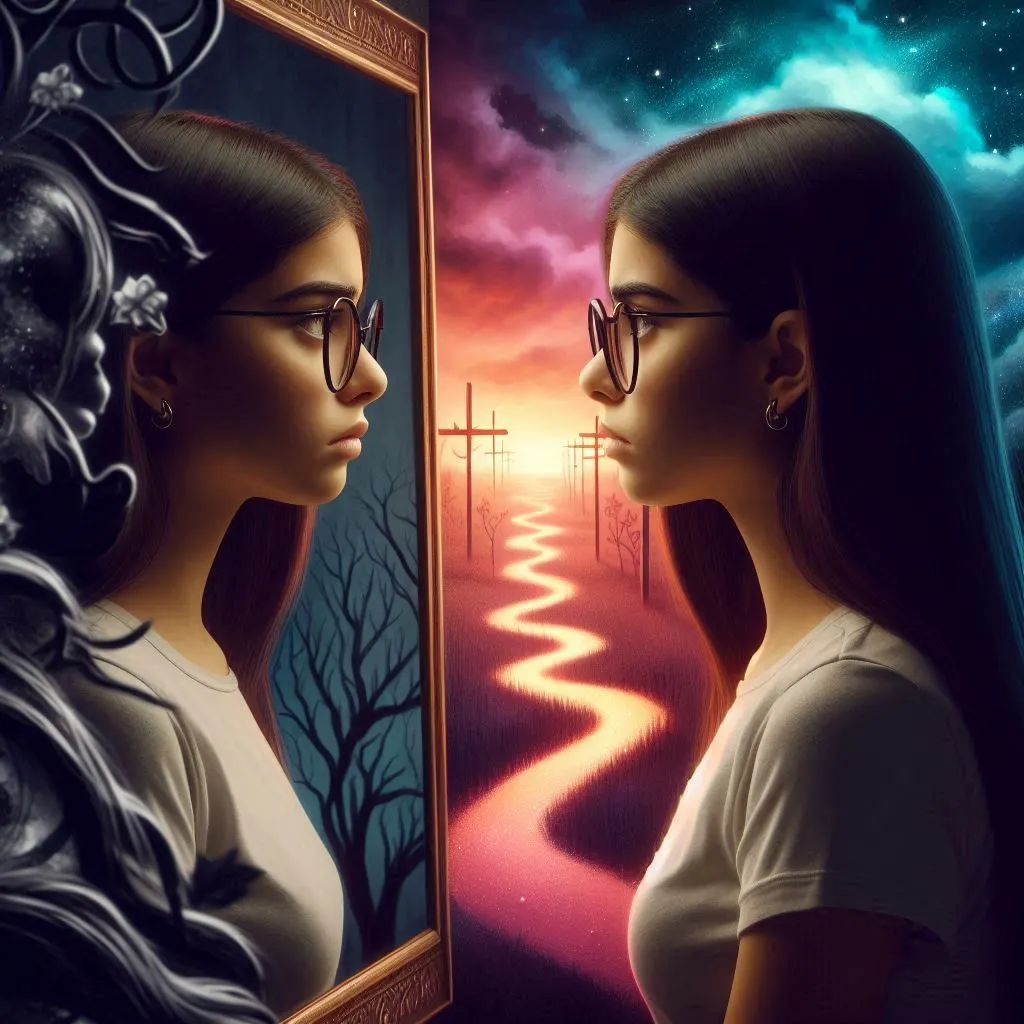In today’s interconnected world, it’s more important than ever to cultivate a global perspective. But what does it really mean to have a “global self”? huh? Is it simply a matter of traveling the world and experiencing different cultures? Or is it something deeper, a fundamental shift in how we see ourselves and our place in the world? In this article, we’ll explore the concept of global self deeply, So you ready?
Table of Contents
ToggleDefining Global Self
Global Self refers to the understanding that we’re all part of a big team called the world, where our actions, even the small ones, can affect people everywhere. It’s like being friends with everyone on the planet and realizing that we’re all in this together, like one big global family.
Our Global Self is like a big painting made from all the cool things we learn from different cultures.
Types of Global Self

Here are some potential types of global self:
Cultural Global Self
People can become more connected to the world by traveling a lot, living in different countries, or experiencing various cultures up close. When you see and understand different customs and points of view, it makes your way of thinking bigger and more open.
For Example : Celebrating festivals from various cultures, like enjoying Chinese New Year or Diwali even if it’s not part of your own background.
Environmental Global Self
This is about how we get along with our planet – how we help it stay healthy and realize that we’re all buddies through nature.
Example: Think about using energy wisely, like turning off lights when we’re not using them. Also, when we recycle our stuff instead of throwing it away, or when we plant trees to make our planet greener, we’re being good pals with nature.
Social Global Self
Now, this one’s about making friends worldwide and understanding that our actions affect communities everywhere. Getting on that global buddy train, you know?
Example: Imagine helping out charities that work globally or volunteering for causes that help people in different countries. Even making friends online with people from faraway places is part of being a good global buddy.
Digital Global Self
This is about how we use the internet and understand that what we do online connects us with people everywhere. It’s like leaving footprints in the digital world.
Example: When we chat with friends from different countries on social media or join discussions about big global topics online, we’re being part of the digital global gang. It’s like having friends all over the world without leaving our homes!
Economic Global Self
This is about how our choices when we buy things can affect the whole world’s market, and it’s like being aware that our money can make a difference.
Example: Choosing stuff that’s fair trade, so the people who make it get treated well, is being a good global shopper. Also, when we know where the things we buy come from and understand how the world economy works, we’re being smart economic global citizens.
Theories About Global Self
Let’s explore what philosophers and scientists have said about the global self
William James: The Global Symphony of Interconnected Selves
William James, a smart thinker in psychology, believed in the idea of a global symphony of interconnected selves. He said it’s like we’re all islands in a big sea, separate on the surface but deeply connected underneath.
James thought our individual experiences and identities are make together in a balanced tapestry, creating a bigger picture of our Global Self. In simpler terms, it’s like we’re all playing different instruments in a grand orchestra, making beautiful music together. James’ perspective encourages us to appreciate our shared humanity and recognize the connections that bind us all.
Reference: James, W. (1890). The Principles of Psychology. New York: Henry Holt and Company.
George Herbert Mead: Our Global Roles in a Social Play
George Herbert Mead, a cool philosopher and sociologist, added his spin to the Global Self concept. He said our Global Self is like a big social play, where we all have roles to play in shaping our identities. According to Mead, our understanding of self develops through social interactions, and these interactions extend beyond local communities to a global scale. So, being part of the global play means our actions and connections impact communities worldwide. In simpler words, it’s like being actors on a giant stage where our lines and actions influence not only our local scene but the entire global performance.
Reference: Mead, G. H. (1934). Mind, Self, and Society. Chicago: University of Chicago Press.
Rachel Carson: The Global Symphony with Nature
Now, let’s bring in Rachel Carson, a nature-loving scientist. She looked at the Global Self from an environmental angle. Carson believed our connection to the planet is a vital part of our Global Self. Her idea was that we’re all buddies with nature, and it’s crucial to understand how our actions affect the environment globally. Carson’s perspective encourages us to be mindful of our impact on the planet, like planting trees for a greener Earth and being conscious of how we use energy. In simple terms, it’s like being friends with nature and understanding that we’re all part of a global symphony with the environment.
Reference: Carson, R. (1962). Silent Spring. Boston: Houghton Mifflin.
Final Thoughts
So, our Global Self is like a big picture made from different colors of cultures, feelings, and adventures. It’s always changing and growing, just like us. Embrace your Global Self – it’s what makes you, you!
Think about your own Global Self. What cool things have you learned from different places? Share your thoughts, and let’s make our Global Self even more awesome together!



